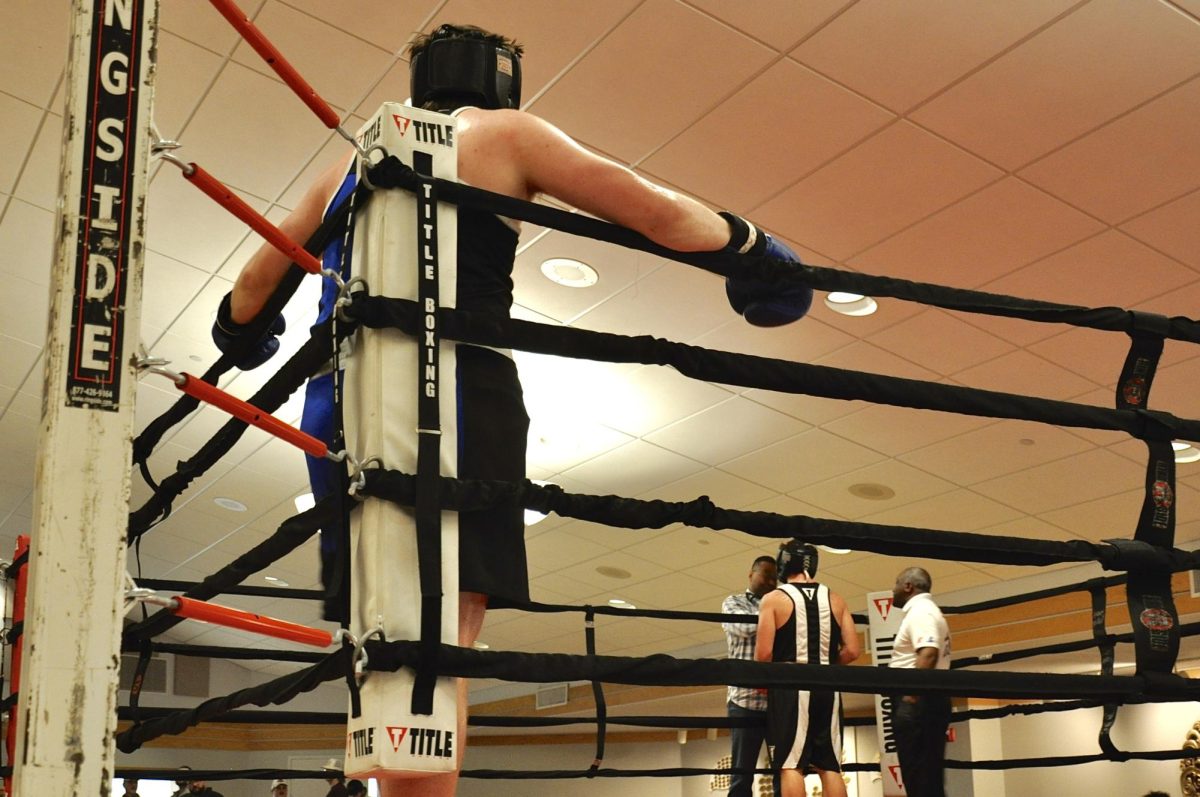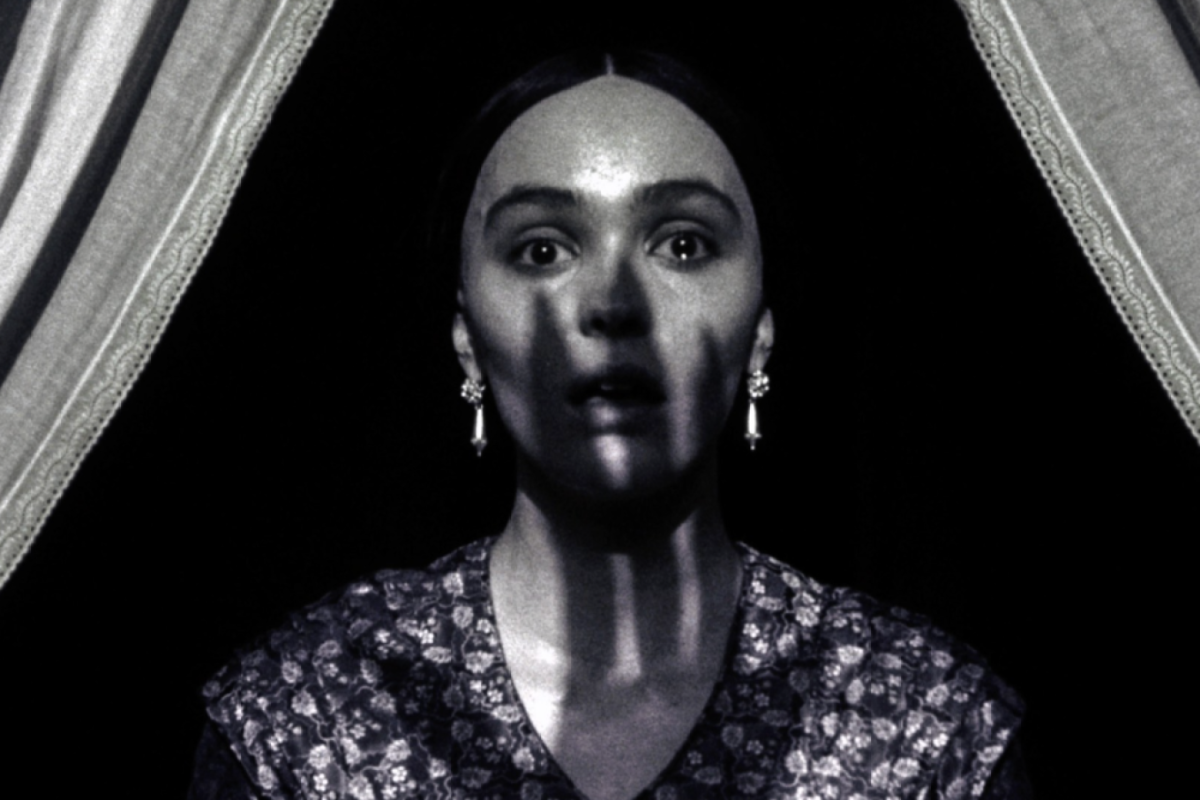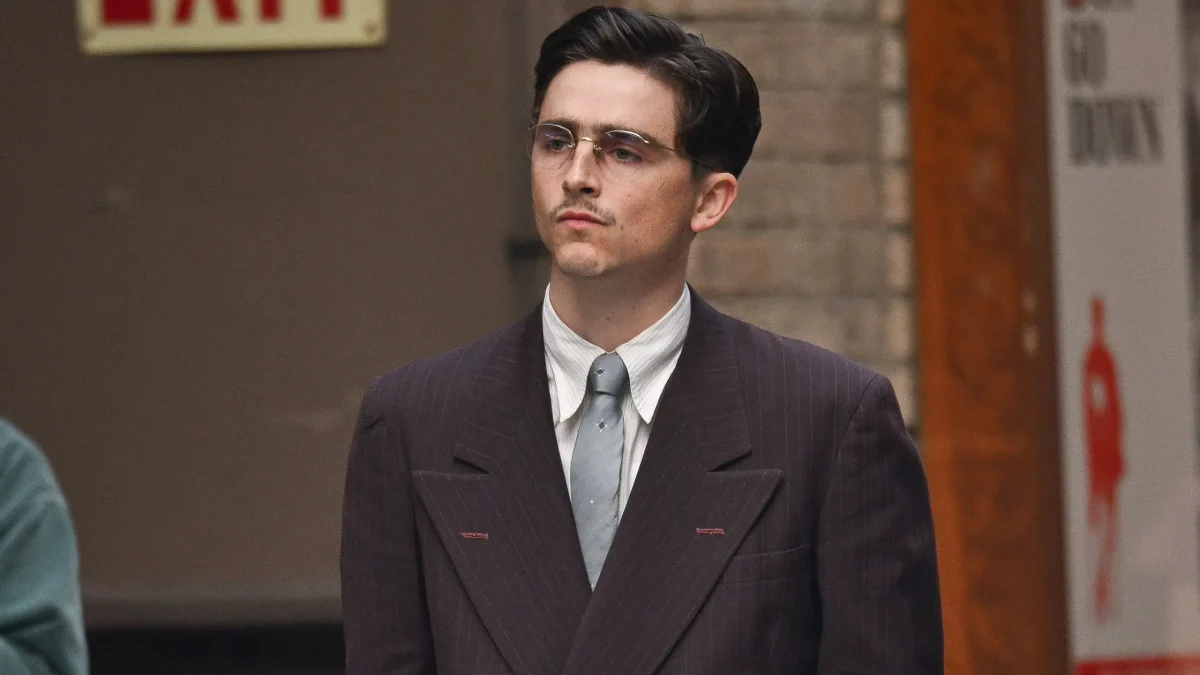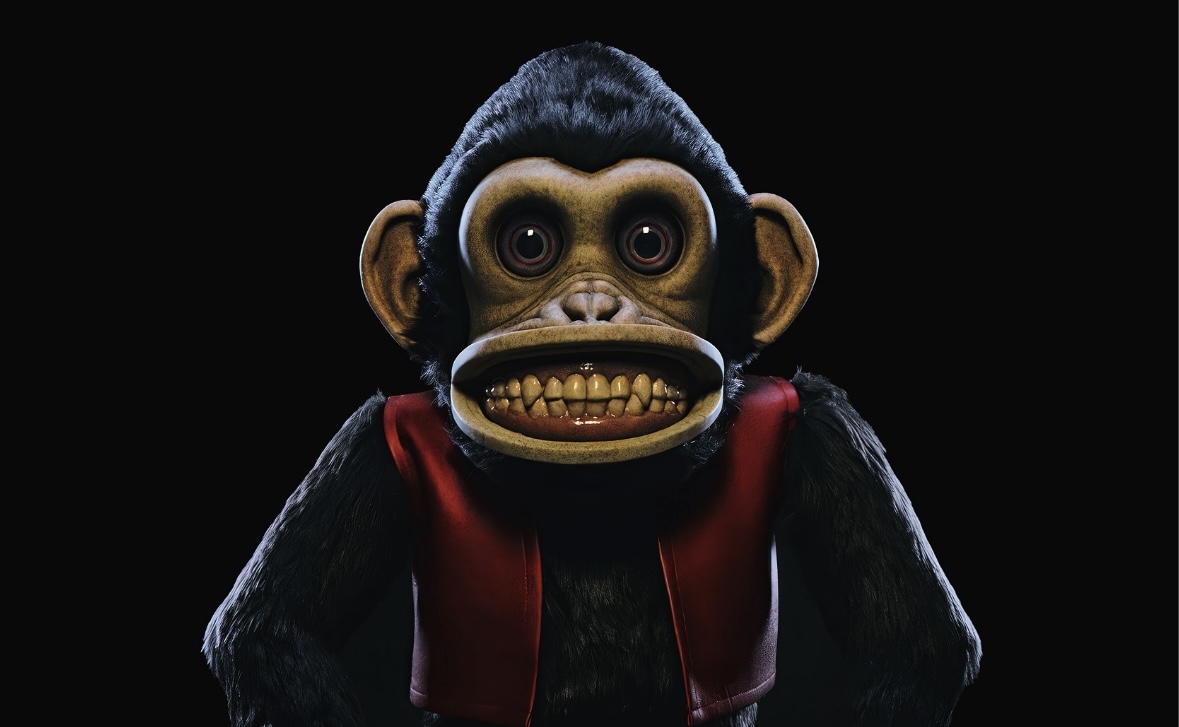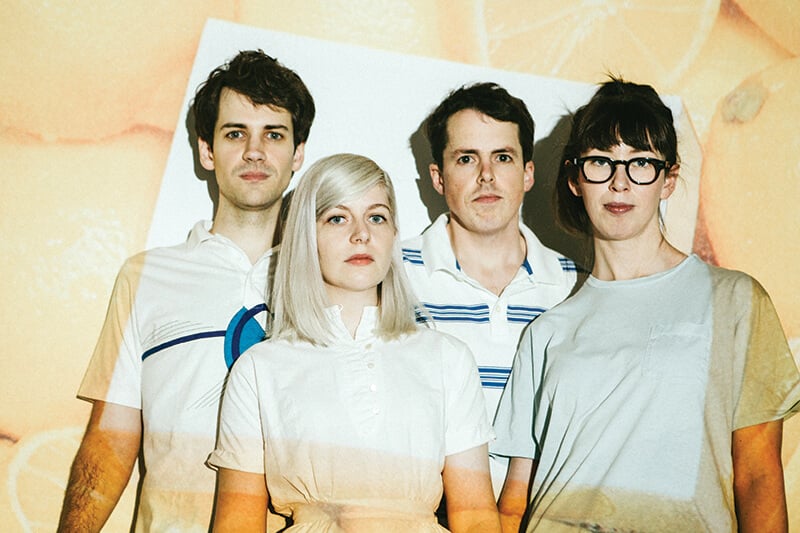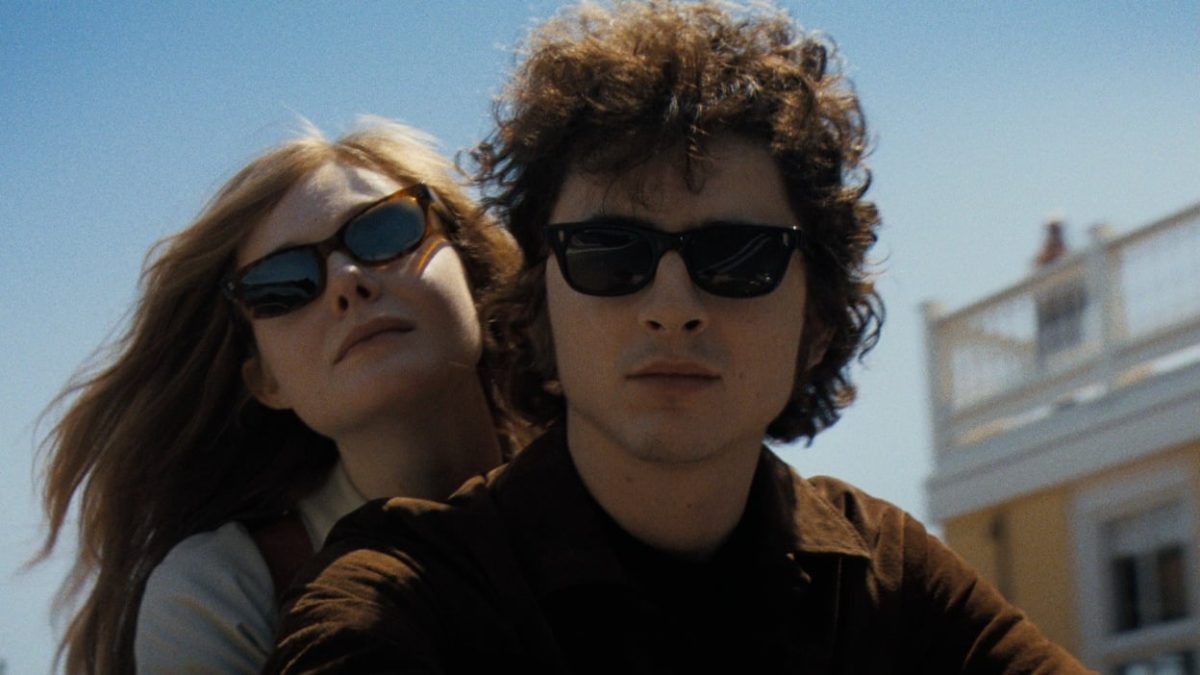Note: There are no seventh book spoilers in this article, as the author herself has not, in fact, had the chance to read the newest book anyway.
A day that has been in the making for nearly ten years is finally upon us. Herds of people from all walks of life around the world ventured out to drink in the moment together, briefly united in the suspense of tantalizing conclusions that would at last be revealed and, consequently, change their lives forever.
I am talking, of course, about the release of the seventh-and final-Harry Potter book.
Harry Potter and the Deathly Hallows was released to the public at 12:01 a.m. on July 21, though the festivities began long before that. On the night of the release, cloaked figures, lightning bolt scars and Gryffindor scarves appeared at Harry Potter parties held at bookshops across the country.
“We had 3,000 copies shipped to us for the first night’s release alone,” said Brianna, an employee at Barnes & Noble. “Before the release, we’ll be holding a costume contest, potion making contest and Harry Potter trivia games.”
Some, like sophomore Kathryn Calhoun, were not prepared to see the series come to an end. “My childhood will officially end on July 21,” she said. “I started reading these books in junior high; in fact, Harry and I grew up at about the same rate.”
Calhoun arrived at Barnes and Noble at 10 p.m., two hours before the actual release, and received a ticket, which marked the order in which the preordered books would be released. She was number 889.
The series first began in the early 1990s, when an unemployed, financially strapped Joanne (J.K.) Rowling started scribbling out different sections of the book at various caf?s as her small daughter slept. Now, more than a decade, five movies and seven books later, Forbes.com lists Rowling as the world’s second richest female entertainer-second only to Oprah Winfrey-and the author is rumored to be richer than the Queen of England.
Of course, not everyone is a Harry Potter fan, and you don’t have to look far to find controversy on this particular subject. The magic and witchcraft included in the books garnered backlash from various religious figures across the world, many of whom see the subject matter as the work of the devil. As a result, Harry Potter and his friends have consistently found themselves included on the list of “most-banned” books each year.
In response, Rowling made a statement on her website, stating that “[a]s this puts me in the company of Harper Lee, Mark Twain, J.D. Salinger, William Golding, John Steinbeck and other writers I revere, I have always taken my annual inclusion on the list as a great honour [sic].”
As if banning the book wasn’t enough, the series hit a rough spot in the week leading up to the final book’s release, when several copies were released prematurely. According to CNN, at least one showed up on eBay with an asking price of more than $150, and some even went as far as to painstakingly photograph every page of the book in order to post them online. The secrets began leaking even faster still: The New York Times somehow managed to buy the book in store and reviewed it a few days prior to its release, leading J.K. Rowling herself to release a statement begging those with the advance copies not to spoil the surprise for everyone. Legal action is currently underway against the publishing companies thought to have released the book without permission.
Either way, by the time you read this story, the burning questions left unanswered in the series will finally have been (legally) revealed to the general public. Whether you have been counting down to the release ever since they picked an official date, or you don’t know or care what a Horcrux is, the end of this series marks the end of an era. Not only an era where every few years, grown men and women could get away with dressing in wizard robes for a night, but also the era of the magical world of Harry Potter, who changed contemporary literature as we know it. Whether he lives or dies, conquers the evil Lord Voldemort or not, Harry has had a spectacular impact on the lives of many children-and adults-all over the globe and, for that fact alone, I’m personally prepared to raise my glass and say, “To the boy who lived!”



